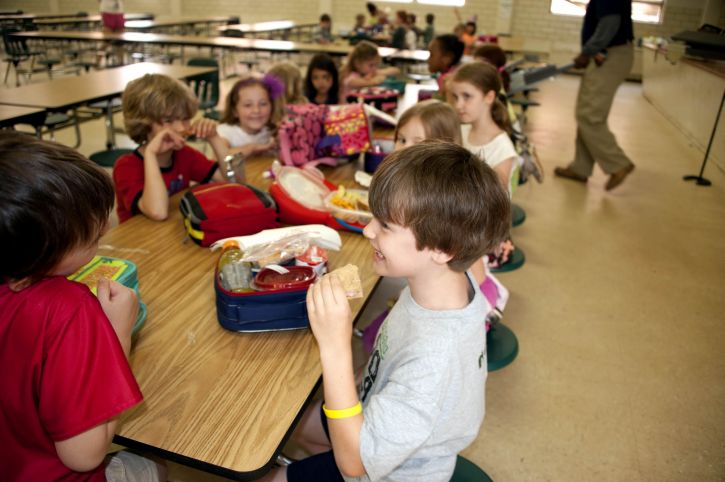
Particular grades are considered milestones by parents and teachers. Entering first grade is one of them. Like starting anything new – a hobby, job, relationship, etc, first impressions matter. Your child’s level of comfort may determine how well they do in later grades as well as how they view themselves in relation to school challenges.
In With the Old
First grade is a unique experience, yet most curriculums are established to reinforce prior learning versus introducing a lot of new information to young learners. Therefore, how well your child was performing in preschool and kindergarten may help estimate their level of success in first grade. First grade focuses on building a strong foundation in reading and math while touching upon other subjects such as social studies and science.
Reading is Magic
Reading in elementary grades eventually graduates to English and Language Arts classes in middle school and high school. However, the title of the subject can be misleading. Language Arts is focused on reading but also demands a child learn how to listen, speak, write, and use resources like dictionaries and the Internet. Have your child practice writing letters, words, and numbers. Also, help them become an ‘active’ listener by reading aloud to them and having a discussion based on the story’s events and characters. Knowing how to properly use and spell 150 to 200 words is also a general mark of achievement of those entering first grade.
Math is Everywhere
Math is an evolving subject; one must master elementary concepts before they can graduate to more difficult practices. For example, a child must master addition and subtraction before moving on to multiplication and division. Children should be able to count by fives, understand greater than and less than, recognize shapes, tell time, use graphs to decipher and record information, and recognize and write numbers up to 100. Some children gravitate toward math because numbers ‘make sense’ to them as resounded by adult engineers, accountants, etc. However, some children struggle with math. Try creating a story around a problem, making it a word problem, rather than a number-related one. Children are given the WPPSI test in their early years to help decipher placement and a child’s IQ. Parents can help young learners prepare to provide them with a competitive edge.
It’s a Big World
Social studies focuses on understanding national facts as well as information about places and peoples from around the world. As a beginner activity, have a child choose a foreign country. Then, have them research the country, learning what languages are spoken there, the area’s major imports and exports, its type of government, etc. Have them write or discuss an itinerary related to a three-day visit to the country. Where would they go, what would they see, and what would they eat?
Getting Down to the Science of Things
Of course, first grade science looks nothing like classes filled with beakers and bunsen burners in middle school and high school but there is a lot for a young learner to do and be curious about. For example, a young learner can have fun using a thermometer and timer to see how long it takes water to freeze and boil.
Oliver Watkins has raised 4 kids and likes to think she has the experience to give other parents a few tips hence her writing articles. Look out for her writing on parenting blogs.
